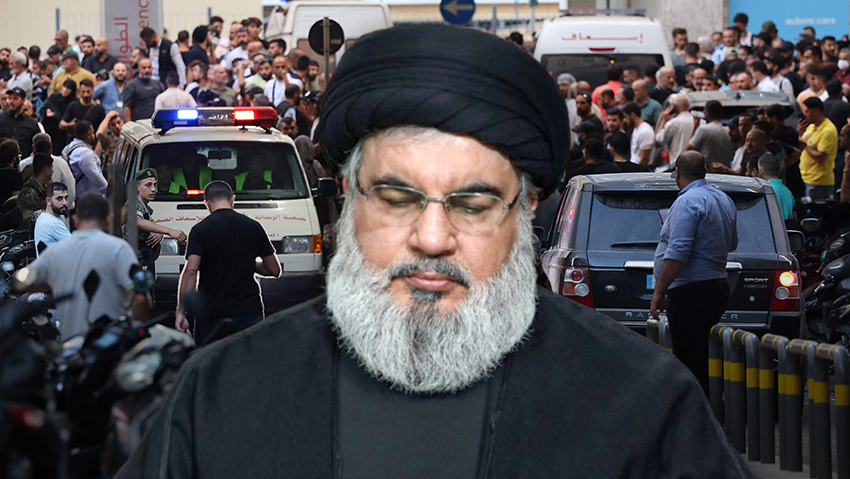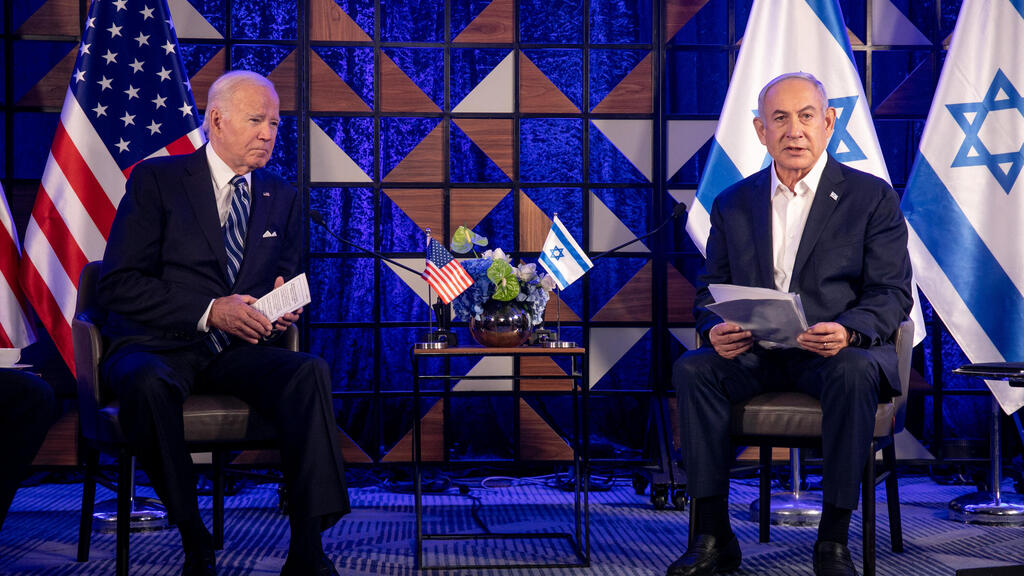Getting your Trinity Audio player ready...
While Israeli leaders remain silent following the coordinated detonation of thousands of pagers in Lebanon, which killed at least 10 people and wounded thousands more, American outlets report that the operation was rushed on Tuesday because Hezbollah was close to detecting that their pagers had been compromised, forcing Israel to act sooner than planned.
The operation was likely part of a broader strategy, and decision-makers faced the dilemma of either risking the loss of this covert capability or striking before an IDF offensive was fully prepared—potentially triggering a devastating retaliation from Hezbollah.
Some within the government and military argued that Israel should seize the opportunity to launch an offensive now, aiming to dismantle Hezbollah’s precision missile capabilities and other assets, amassed with Iranian support, that could severely damage Israel's home front. Such an operation could also incapacitate Hezbollah’s elite Radwan forces, poised to attack border communities.
"We have entered a new phase of the war," a senior security official said. "We continue to make every effort to free the Israeli hostages held by Hamas, but we must also ensure the safe return of northern residents to their homes soon. That is where our resources are focused."
However, the official noted that Israel must also consider the position of the United States, which is working toward a diplomatic solution to hostilities with Hezbollah.
The Biden administration has made it clear that they oppose expanding the war at this time, and Israel cannot ignore this demand, as in the event of an all-out war, Iran and its proxies may come to Hezbollah’s aid, and Israel would need U.S. defense systems to respond to a multi-front assault.
It is therefore likely that Israel will let Hezbollah make the next move while allowing the U.S. to continue its efforts to negotiate a hostage release deal. Such efforts are expected to intensify, as a cease-fire in Gaza could help de-escalate tensions between Israel and Hezbollah. Israel can only hope that Hamas leader Yahya Sinwar will also be inclined toward a deal.
Hezbollah’s retaliation is expected to be forceful and potentially supported by Iran. The group’s leaders have said that the rules of engagement have changed. Based on past experience, Israel can expect missile and drone attacks from multiple fronts, including Hezbollah’s precision weapons, which have been stored in underground bunkers.
However, Iran and Hezbollah do not favor a full-scale regional war that would bring massive destruction to Lebanon and could further humiliate Iran’s leadership, following their failed April attack on Israel.
As all sides weigh their next moves, civilians in both Israel and Lebanon will need to remain vigilant and resilient as they wait for the next development.




